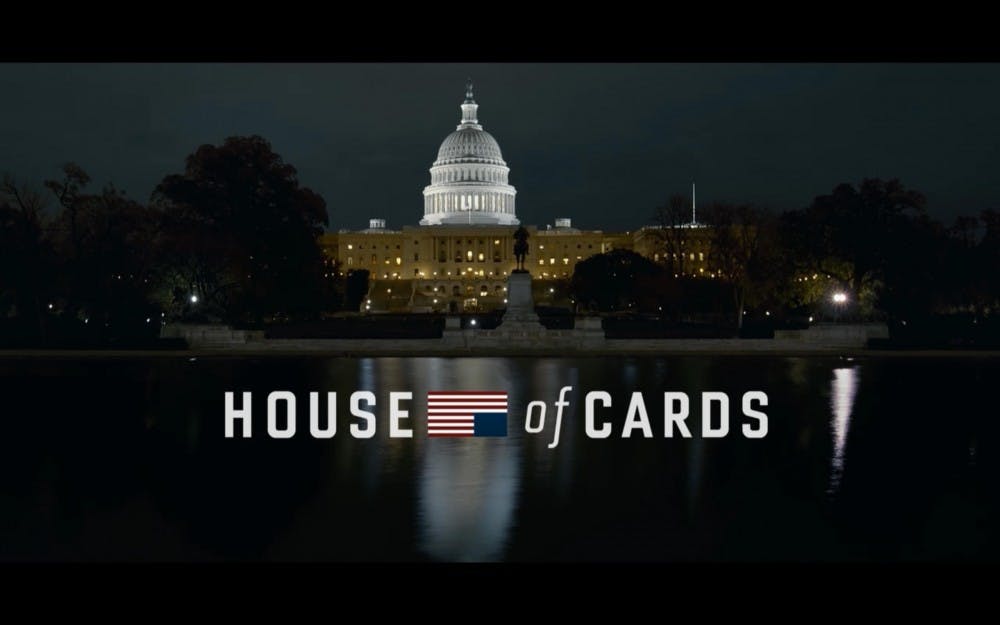I watched 13 hours of Netflix this weekend. It took me less than two days to get through season three of House of Cards, a Netflix original series released on Friday at 3 a.m.
After waiting a little over a year to find out if Doug Stamper (Michael Kelly, Man of Steel) was alive and what dramatic shenanigans President Francis Underwood (Kevin Spacey, Horrible Bosses 2) would stir up in the White House, I was disappointed.
All 13 episodes could have been condensed into two, maybe three, episodes.
Just like any third installment of a saga – Back to the Future III, Superman 3, The Godfather: Part III – it’s time to evaluate if this series is worth your time. I think House of Cards is at that lull and it’s time for an evaluation.
The show has always been about the glamorous political lives of Underwood, his wife Claire (Robin Wright, A Most Wanted Man) and their manipulative journey into the White House, through the politics of Washington, D.C. and their epic relationship, which centers on supporting each other in a non-traditional sense of marriage.
In the latest 13 episodes, this is all lost.
Spacey does an amazing job playing the president who wiggled his way into the Oval Office, but the plot left a lot to be desired. In past seasons, he was a manipulative man who worked behind the scenes to play a game of politics for his own ends. This kept the viewers on their toes. You never quite knew what he was up to until all of his calculated plotting fell into place.
That aspect was missing from season three.
The plot was shallow and drawn-out. I’m not going to spoil what happened, but the season revolved around three main problems that were flat and disappointing. One of the main storylines carried over from last season and, in my opinion, took way too long to resolve. And when it was resolved, it was predictable and lame.
There was no classic Francis Underwood drama to keep the plot twisting and turning. The development of minor characters was nice, but who cares? They were too dry and uneventful to capture a viewer’s interest.
It’s important for characters to grow and evolve throughout a series, but Spacey’s character just seemed to fade away. His snappy, intelligent and merciless exchanges were replaced with a boring and, sometimes passive, southern drawl that was more frustrating than entertaining.
I kept expecting him to snap back into it and be the ruthless politician I’ve come to expect from him, but it never happened. And the plot didn’t mirror that personality change. I would have expected the other character’s attitudes about him and the events he calculated to change along with his demeanor, but everyone acted although he was the same cold-blooded politician.
The horizontal plotline didn’t surpass any of the other Emmy award-winning political dramas on TV and it certainty didn’t stand up to the 2014 Emmy nomination for Best Drama Television Series.
After 13 hours of waiting for some drama and fantastic plot twists to happen, I have to wait at least another 8,765 hours for the next season.
Rachel Kramer is a managing editor and can be reached at rachel.kramer@ubspectrum.com
Disagree? Read the second review praising House of Cards here.





